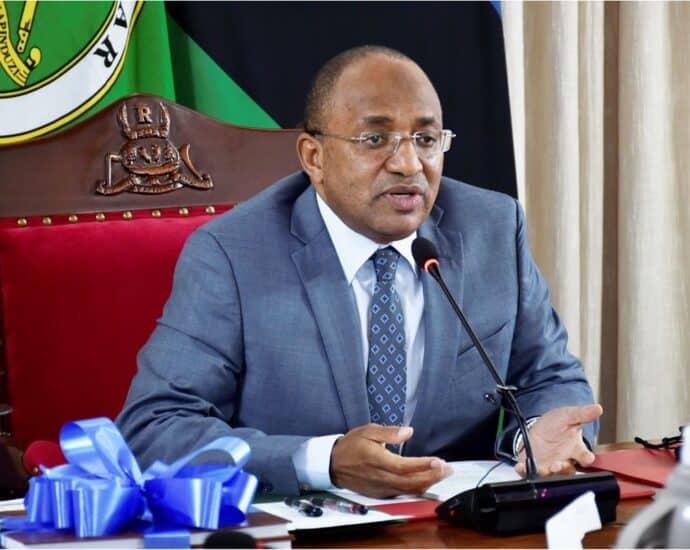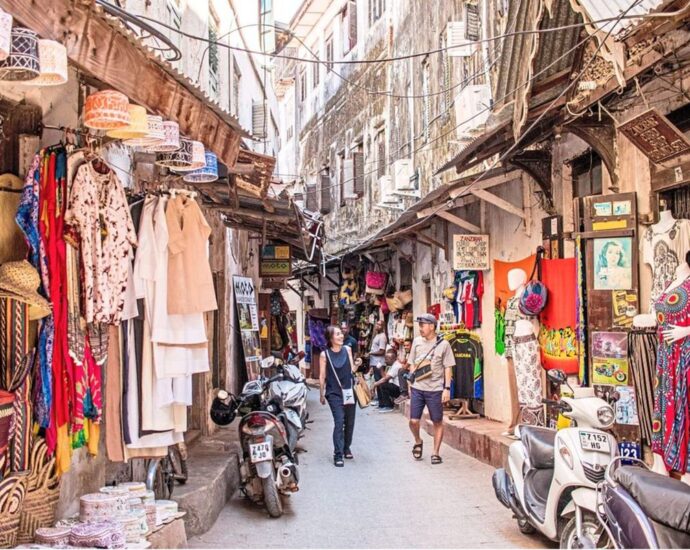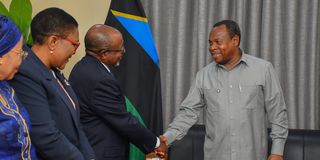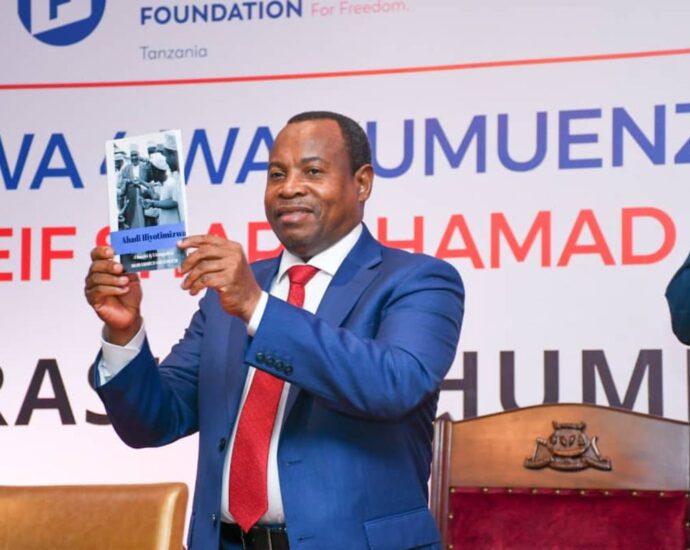Taha leads initiative to cut post-harvest losses in Zanzibar
Pemba. In an effort to enhance Zanzibar’s horticultural industry, the Tanzania Horticultural Association (Taha) has extended a project targeted at reducing post-harvest losses.
The initiative, dubbed “Feed the Future Tanzania, Tuhifadhi Chakula” (Let’s Save Food) project, under financial support of the United States Agency for International Development (USAID), intends to reduce post-harvest loss.
Designed to bridge gaps across various value chains, the project targets more than 10,000 horticultural stakeholders in Zanzibar over the next four years.
This endeavour seeks to alleviate the challenges that have long plagued the sub-sector, notably the crippling losses experienced after harvest due to inadequate management technologies.
Official statistics reveal that Tanzanian horticultural farmers face staggering post-harvest losses of up to 40 percent. This translates into an economic loss of approximately $1.7 billion annually, as recorded between 2012 and 2016.
A field day event held in Pemba served as a vital platform for this mission; hundreds of farmers gathered to gain insights and firsthand experience with the latest post-harvest management technologies (PHMT).
The event highlighted practical training sessions led by various actors and industry experts, focusing on essential aspects such as food handling, storage, and value addition processes for both farmers and processors. The deputy chief of party for the Feed the Future Tanzania, Tuhifadhi Chakula project, Mr. Kelvin Remen, emphasised the importance of these sessions during his address.
He underscored that in October 2024, Taha organised a series of stakeholder interactions to identify critical needs and challenges.
“These interactions revealed significant gaps in the availability, accessibility, and affordability of PHMT options,” said Mr Remen.
Among the pressing issues were the lack of capital and knowledge regarding harvest technologies, storage techniques, processing methods, and packaging materials, he explained. In response to the findings, Taha organised the Pemba farmers’ field day held yesterday to serve as a collaborative platform.
“By bringing together key players in the PHMT field, the event aimed to showcase innovative solutions that can tackle post-harvest inefficiencies,” noted Mr Remen.
This initiative not only provides hope for improved practices but also sets a foundation for sustainable growth and resilience within Zanzibar’s horticultural community.
“With this forward-thinking approach, the project promises to deliver transformative impacts on the ground, ensuring that Zanzibar’s horticultural farmers truly have a reason to smile,” he said.
Officiating at the farmers’ field day, Officer in charge of the ministry of Agriculture, Irrigation, Natural Resources, and Livestock Indris Abdullah said the day focused on best practices for harvesting, handling, and preservation, along with adding value to crops after harvest.
“I’m grateful that farmers also will exchange experiences and knowledge and discuss challenges they face in ensuring crop loss is minimized. It’s part of training through exposure visits, and more importantly, it aims to create a strong network of horticulture farmers in Pemba,” Mr Abdullah said.
He praised Taha for providing services in a professional manner and productive agricultural guidance, post-harvest crop management and preservation, food security, market research, and linking farmers to markets; nutrition: connecting value chain stakeholders with financial institutions; and advocacy and lobbying services to create an enabling environment for conducting horticulture business.Continue Reading




















